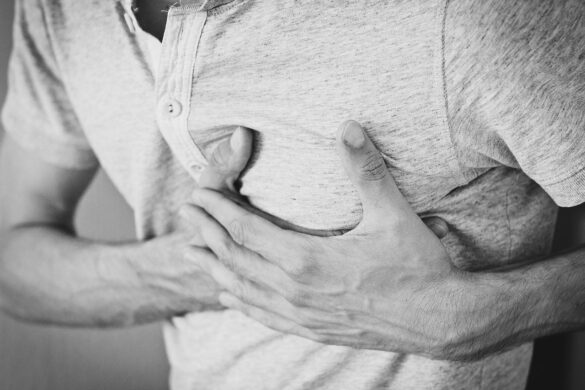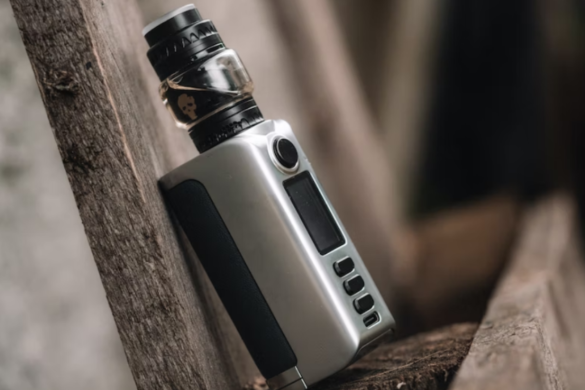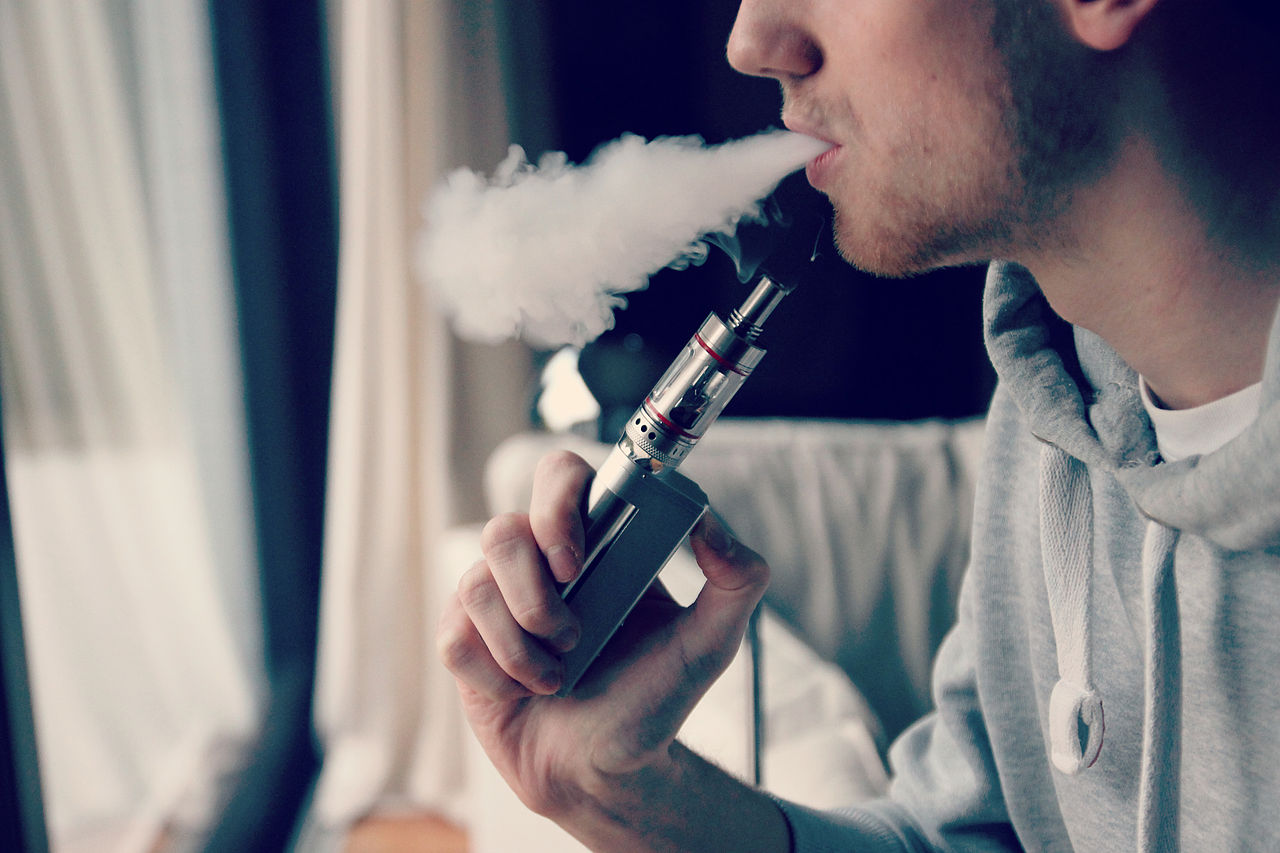Run for your life!
Imagine, you’re walking down the sidewalk when suddenly a lion starts chasing you! An intense feeling of fear washes over you, fueling your body to run faster than you’ve ever run before.
Emotions are chemically made by our brains to help us survive. It takes about 6 seconds for our body to fully absorb an emotion. Strong emotions, tend to last longer because we keep them alive with our thoughts.
Recovering from an addiction can feel a lot like running for your life. Your brain may start to flood your body with different chemicals, all in an attempt to keep you alive. There’s no doubt that emotions are helpful, yet if you don’t know how to work through them they can be debilitating.
Are you entering into early recovery from addiction? Read on to learn about 4 intense emotions you may feel, and what you can do about them.
1. Feelings of Bliss
Think back to a time when you were hungry or thirsty. Imagine how good it felt when you finally took a bite of food and enjoyed a cold glass of water. Entering into recovery from addiction is a lot like finally getting food when you’re hungry.
Active Addiction Starves You
When you’re in active addiction, you’re starving yourself emotionally and physically.
Chances are, you weren’t getting the nourishment you needed from friends and family members and instead probably lived in isolation. The friends you did hang out with most likely also were dealing with active addiction, so they weren’t equipped to give you emotional fulfillment.
Feeling Invincible in Recovery
Once you start entering into recovery an amazing thing will happen. Similar to getting that first bite of food when you were starving, your entire body, mind, and emotional being will light up. You’ll feel suddenly whole, and complete with the world as if you’re invincible.
After making it through the first couple weeks of recovery, it’s common for individuals to start feeling these intense feelings of bliss. It’s almost like nothing could bring you down and the world is perfect.
Experiencing the pink cloud of bliss isn’t a bad thing, but you need to be aware that it won’t last forever. After your blissful feelings pass, you’ll start to feel other intense feelings, such as guilt.
2. Strong Emotions of Guilt
Everyone’s experience of early recovery is going to be unique. However, it’s common for individuals who are healing from an addiction to feel strong feelings of guilt.
Here are a few of the ways guilt could be manifesting in your life:
- Reliving mistakes
- Sense of heaviness in your body
- Strong emotions of self-hate
- Second-guessing everything you do
If you recognize feelings of guilt within yourself, the first thing you can do is accept them. Instead of feeling guilty about feeling guilty, recognize the emotion for what it is. It can also help to start an emotional journal.
Emotional Journal
In your journal you can write on the emotion you’re feeling, the thoughts that come to mind, as well as the time of day you feel them. After a while, you’ll begin to notice emotional patterns.
Perhaps you feel the most guilty right when you wake up. If this is the case, then you can come up with a plan to address the strong feelings at the beginning of the day. Journaling is one of the easiest and most effective tools since you don’t have to get anything but a pen and a piece of paper.
3. Feelings of Shame
Guilt and shame may be closely related but there are two different emotions entirely. When you feel guilty, it’s usually because you disagree with something you did.
When you feel shameful, it’s usually because you disagree with who you are as a person. If you don’t feel like you’re good enough, you’re probably dealing with feelings of shame.
Self Reflection
Recovering from addiction means having to take a good hard look at who you are, and how your actions are affecting your life. Honesty and clarity are necessary to heal and move on.
However, sometimes our minds make up stories that can make recovery difficult. For example, let’s say that in active addiction you would spend more money than you could afford to.
Recognizing that you were financially irresponsible in active addiction is a healthy step. However, if you start to feel shameful about your financial irresponsibility, it could be because your mind is making up a false story.
Internal Dialogue
Perhaps the story your mind is telling you is that you’re a bad person, or unworthy of love. Once again, the first step is to accept how you’re feeling. Rather than trying to push away your shameful feelings, try to identify the stories your mind is making up.
When you can pinpoint the things you’re telling to yourself, you can rewrite your internal dialogue. Instead of saying that you’re unworthy, you could recognize that addiction causes you to act in ways you don’t agree with.
Finally, don’t expect to get rid of your shameful feelings by recognizing them. Instead, you’ll notice over time they become less strong and eventually will fade away.
4. Feelings of Fear
As you get further into your recovery, you’ll start to uncover emotional thought patterns that have been governing your life. One of the strongest feelings you’ll be dealing with is fear.
Here’s a shortlist of fears that you might be working through:
- You may fear that you’ll never truly recover
- You could fear that your loved ones won’t accept you again
- You may be fearful about the things you learn about yourself in recovery
- You could be fearing the unknown
- You could have a general sense of fear without a strong reason
One thing you need to understand about fear is that it gets its power from living in the past. When your dwelling over the things you have done, fear starts to form. Just like the other emotions, it’s important that you accept your fear rather than fight it.
Express Your Fears
After you accept that you’re experiencing fear, you’ll want to get your emotional journal and start writing things down. Write down all of the fears you have in your mind. If you have a general sense of fear without a real reason, write that down too.
Next, write down any of the thoughts that accompany your fearful feelings. For example, are you fearful that you’ll never be able to experience true recovery?
The more real you can get about your fear, the less heavy it’ll feel. You don’t even have to come up with solutions to every fearful thought you have, simply acknowledging them will steal away their emotional drive.
Riding the Emotional Rollercoaster
There you have it, four strong emotions you may experience in early recovery. We hope that our article will help guide you towards taking the right steps to accept and work through each emotion.
Recovery is an emotional roller coaster, with a lot of ups and downs, but you don’t have to take the ride alone. For more ways to get the support you need, check out the rest of the site.









